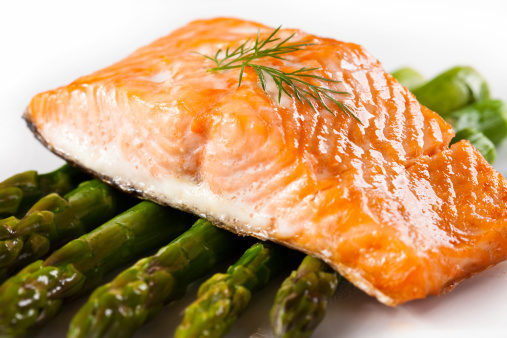Rockville, MD—A genetically modified salmon would have “would not have a significant effect on the quality of the human environment in the United States.” So said the U.S. Food and Drug Administration (FDA) in its May 2012 Draft Environmental Assessment for AquAdvantage Salmon, as it opened a comment period on the document in December.
More than 24,200 organizations and individuals voiced a variety of opinions during the comment period (which closes February 25, 2013), including many that disagreed with FDA’s position.
The whole issue centers around data provided by AquaBounty Technologies, Inc. in support of genetically engineered (GE) Atlantic salmon, trademarked as AquAdvantage Salmon (AAS). The so-called Frankenfish includes a gene from salmon that enables it “to grow to market size in half the time of conventional salmon. In all other respects, AAS are identical to other Atlantic salmon,” according to AquaBounty. The company believes the fish is more eco-friendly to raise than current farmed salmon.
Others, however, are concerned about the potential repercussions of such a creature in the U.S. food chain. Marketing and public relations firm Compass Natural offered some comments to the FDA position. The group raised several issues like the danger of genes cross-transferring into other organisms. “To say that GMO salmon will never get out in the wild to threaten native species is very deceptive, and does not account for this basic tenet in science—that there is error. Given that, it is only a matter of time before your approval of genetically engineered salmon will have deep repercussions in our food system and nature.”
Meanwhile, the Sitka Conservation Society of Alaska stated, “The fact is the impact of genetically engineered salmon may not only be significant but may undo decades of work to protect and rebuild our wild salmon stocks in Southeast Alaska and our commercial salmon fisheries.” The group notes that AAS would pollute water with fish waste and feed, spread disease and lead to escapement and interbreeding.
Published in WholeFoods Magazine, March 2013 (1/24/13)










